At this point, it’s nearly impossible to deny that human behavior has negatively affected our planet. From excessive mining to fossil fuel use, air and water pollution, and deforestation, Earth is unquestionably suffering.
But what many people don’t realize is that the side effects of climate change aren’t just affecting the planet; they are also hurting and even killing human beings by the millions. In fact, one study shows that air pollution has caused more than 100 million premature deaths over the past few decades.
Air Pollution: Understand PM2.5
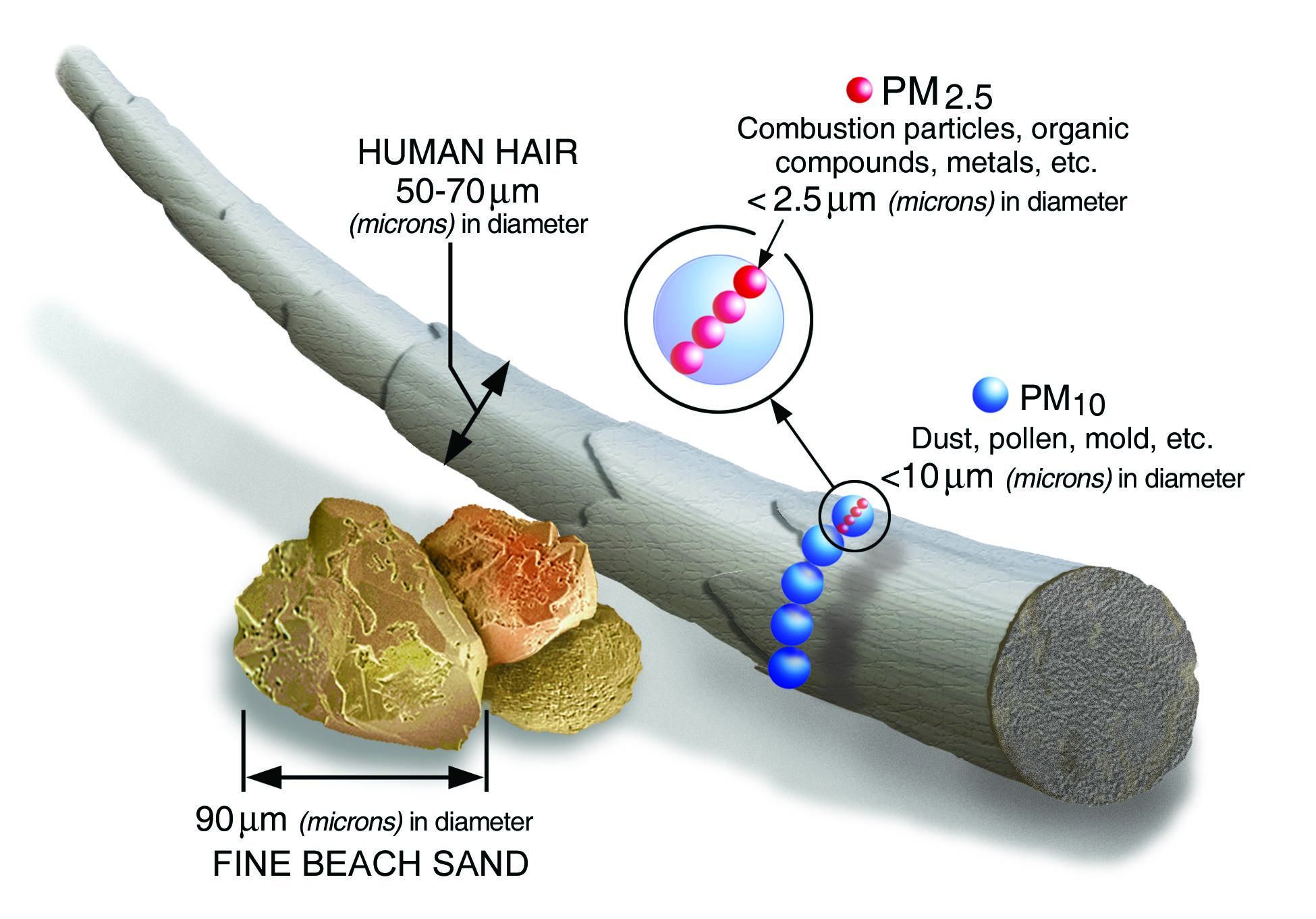
To understand the study conducted by Singapore’s Nanyang Technological University, which links air pollution to millions of premature deaths, it is first important to learn how air pollution is calculated.
This study, as well as almost every other, evaluates the current and past quality of the Earth’s air by calculating the amount of PM2.5 particles in the air. At less than 2.5 micrometers in diameter, these particles are invisible to the naked eye, but that doesn’t mean they’re not dangerous.
How Do PM2.5 Particles Fill the Air?
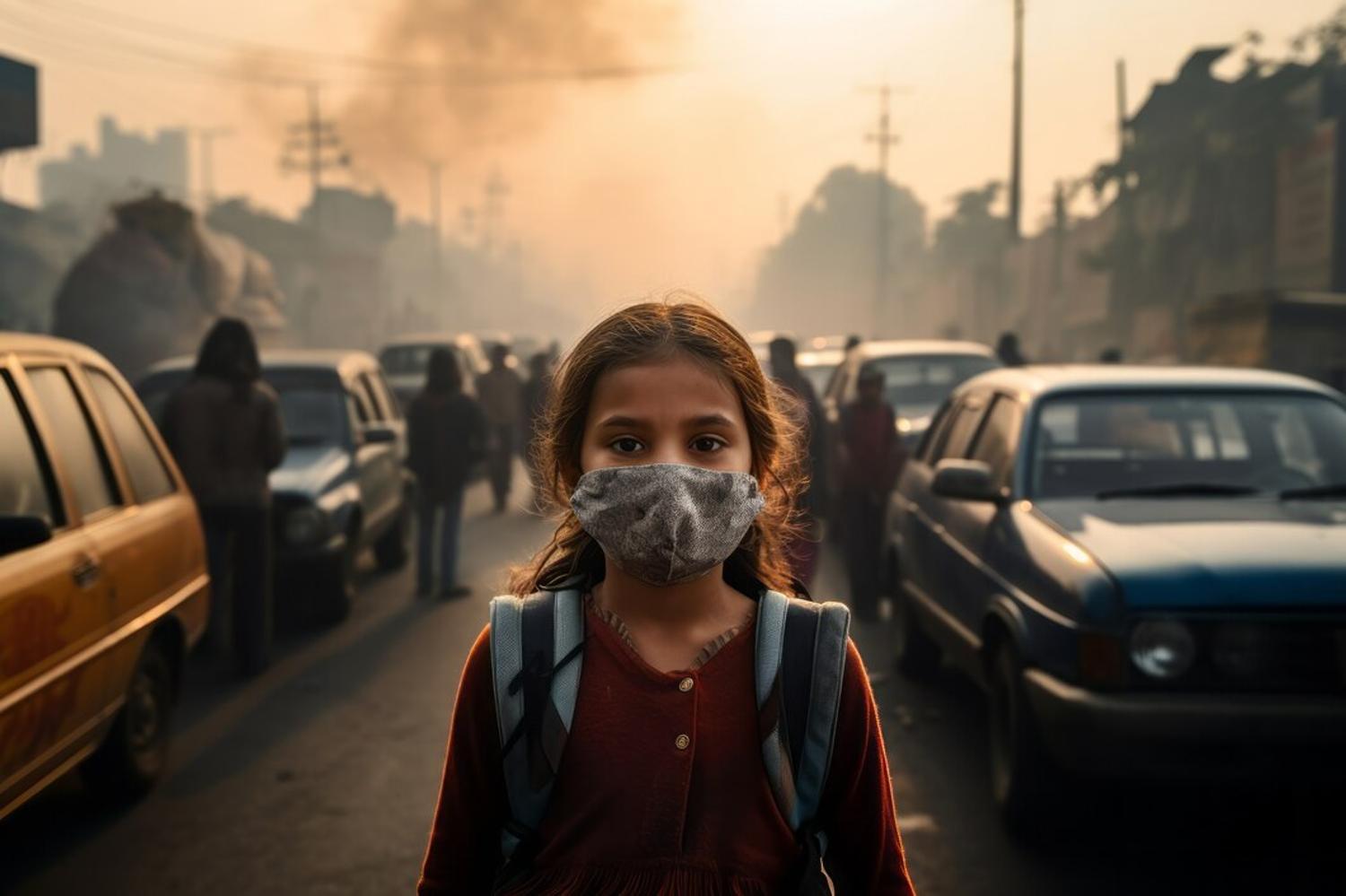
PM2.5 particles are created in various ways, including via gas, oil, and diesel emissions and natural occurrences like wildfires and desert storms. Even without humans, there would be at least some PM2.5 particles floating around, but our species has undoubtedly exasperated the problem.
Fossil fuel use, mining, deforestation, and transportation have all increased the amount of PM2.5 particles in the air. But now that these same actions have also led to climate change, the negative side effects of that problem are further increasing the number of these dangerous pollutants.
How Does Climate Change Increase Air Pollution?
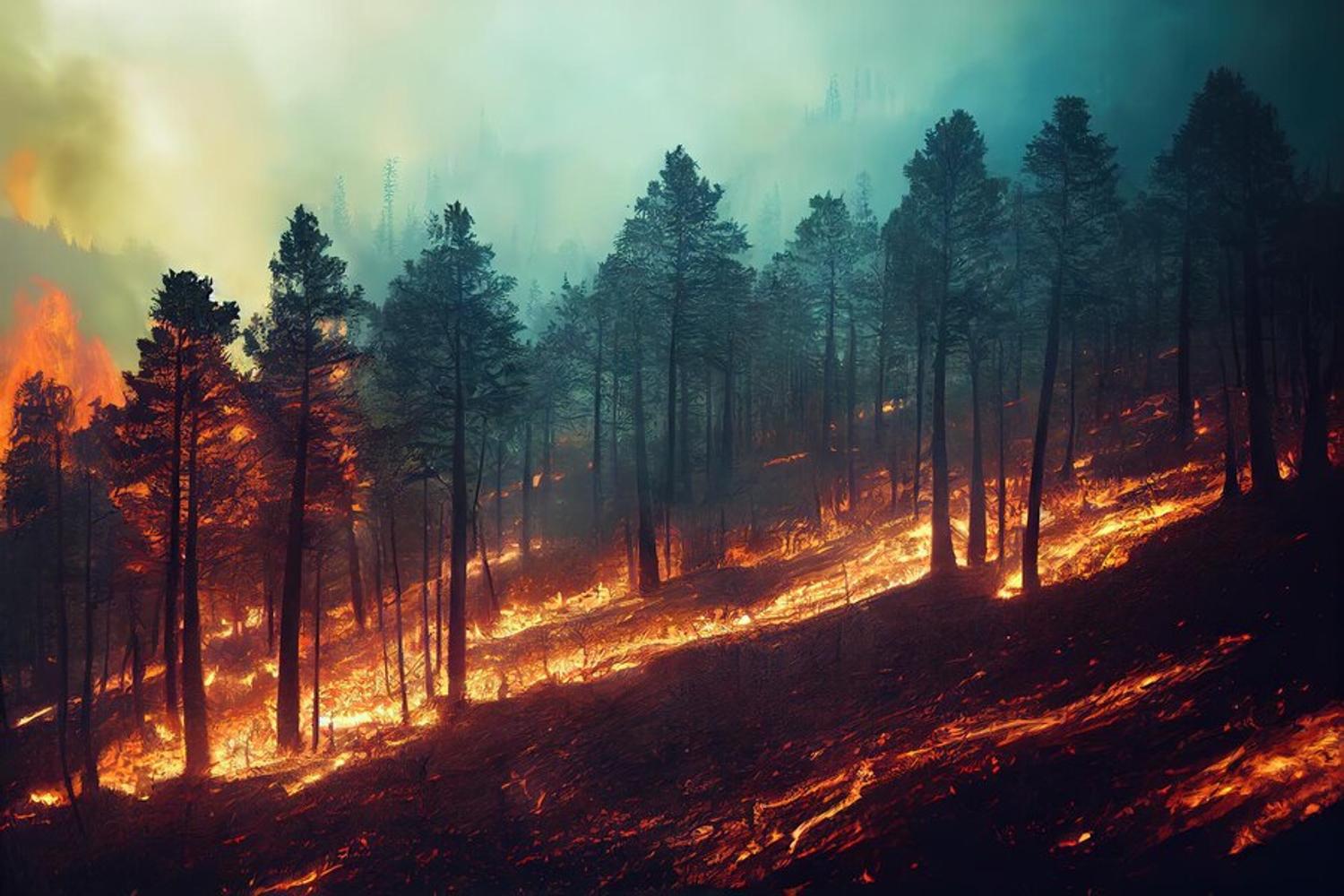
Climate change has caused a wide variety of problems, including warming air and water temperatures, which have led to extreme weather, heat waves, wildfires, dust storms, and a decrease in rainfall.
Each of these consequences has further increased the number of PM2.5 particles in the air. Additionally, this air pollution has led to a lack of biodiversity, soil degradation, and even increased global temperatures. In other words, it is a vicious cycle of disaster.
Air Pollution Is Exceptionally Dangerous for Humans
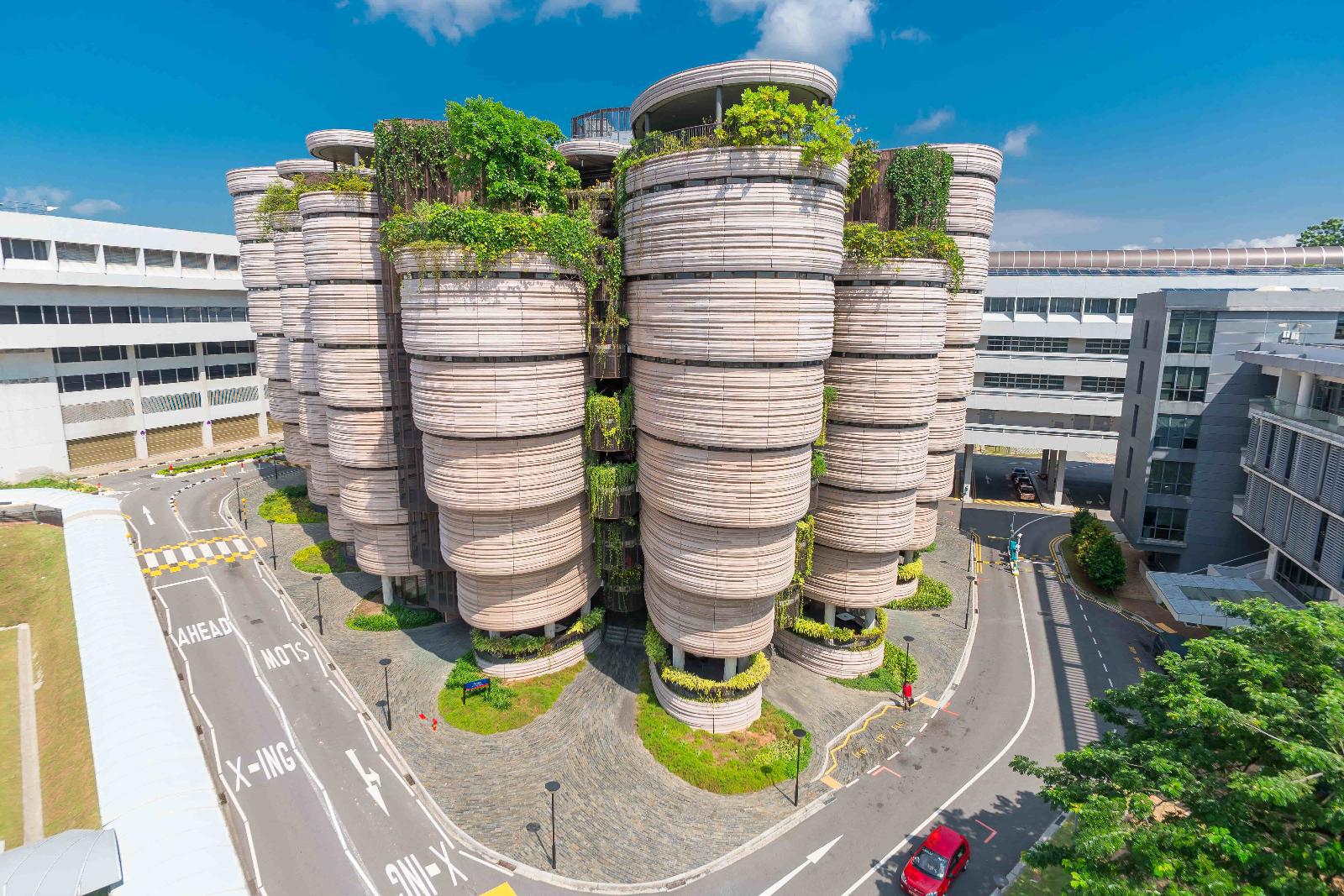
While air pollution and additional PM2.5 particles are certainly detrimental to the environment, they are also extremely dangerous for humans.
A study conducted by Singapore’s Nanyang Technological University wanted to find out just how many people have died thanks to poor air quality, and the results were astounding.
More than 135 Million People Died Prematurely From Air Pollution

The study found that between 1980 and 2020, around 135 million people died prematurely due to increased PM2.5 particles in the air.
Of those 135 million people, they found that 33.3% died of a stroke, 32.7% passed away from heart disease, and the remaining 34% died from respiratory infections, lung cancer, and pulmonary disease.
Almost 1 Million People Died From Air Pollution in Asia
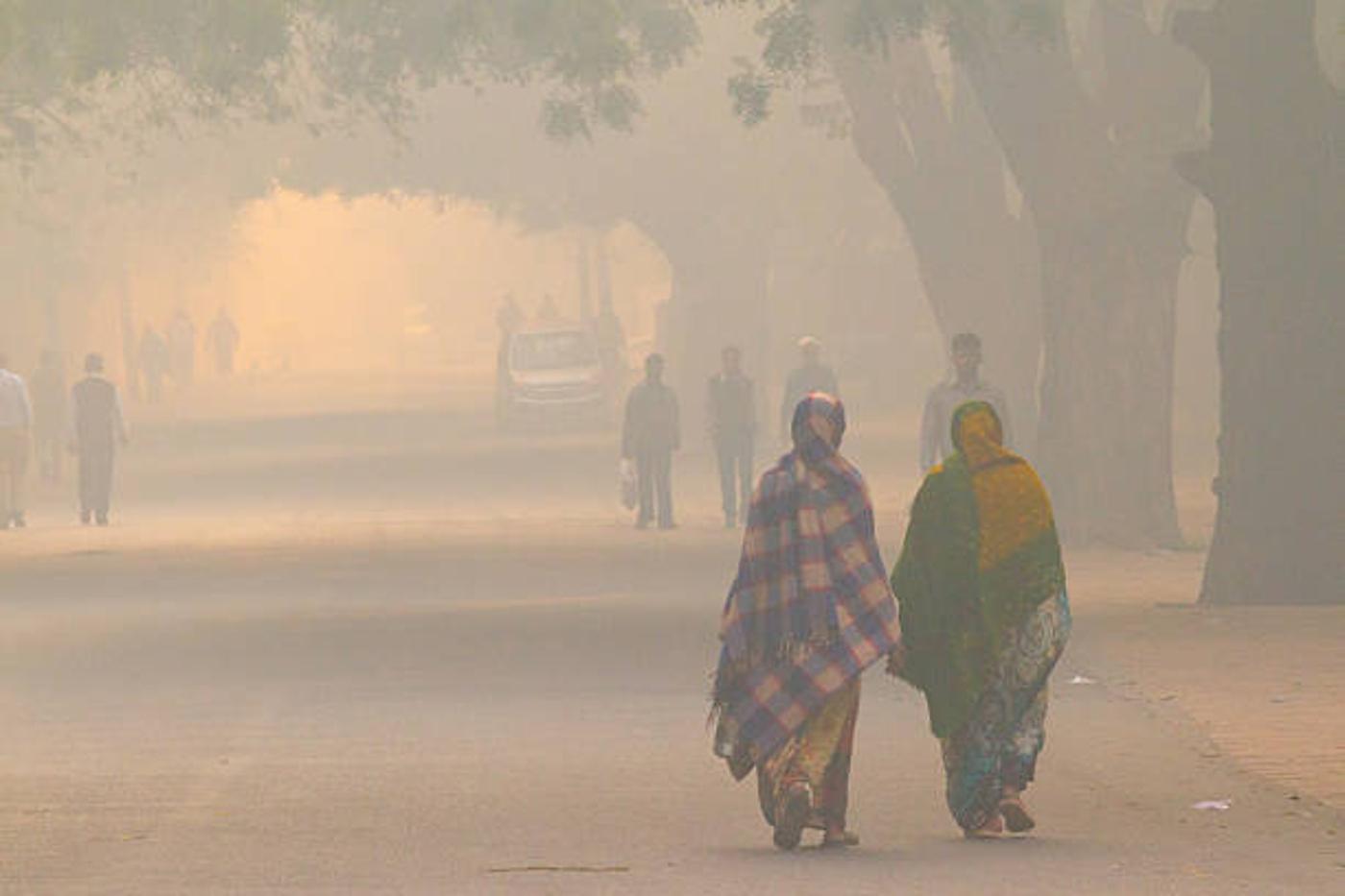
The comprehensive study also reported that of the 135 million people who died, 98.1 million of them resided in Asia.
Specifically, 49 million people living in China and 26.1 million people living in India died prematurely because of the excess amount of PM2.5 particles in the air in those countries.
Many Others Didn’t Die But Still Felt the Negative Effects of Air Pollution

In addition to the more than one million people who died prematurely due to air pollution, millions more experienced mild or even severe physical ailments from breathing polluted air over the past four decades.
The Environmental Protection Agency (EPA) reports that PM2.5 pollution can and does cause several health issues, including non-fatal heart attacks, reduced lung function, difficulty breathing, respiratory infections, and irregular heartbeats.
Why It’s Important to Understand the Effects of Air Pollution on Human Beings
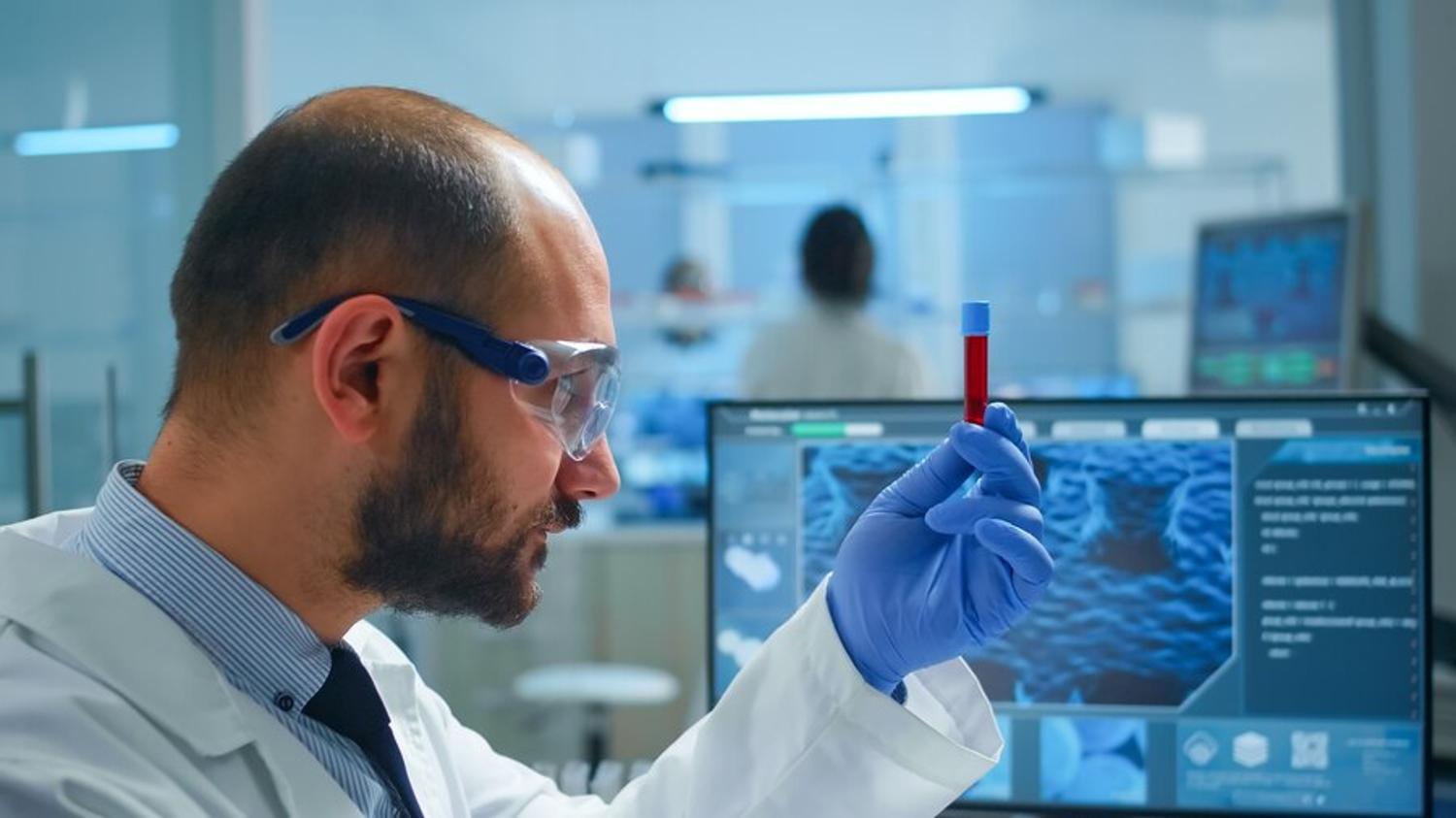
The purpose of the study, which is certainly achieved, was to prove that climate change and its subsequent consequences absolutely increase air pollution, killing millions of people every year.
Steve Yim, an associate professor at NTU’s Asian School of the Environment and lead author of the study, explained, “This [study] highlights the need to understand and account for these climate patterns when tackling air pollution to protect the health of the global population.”
What Can Be Done to Reduce Air Pollution?
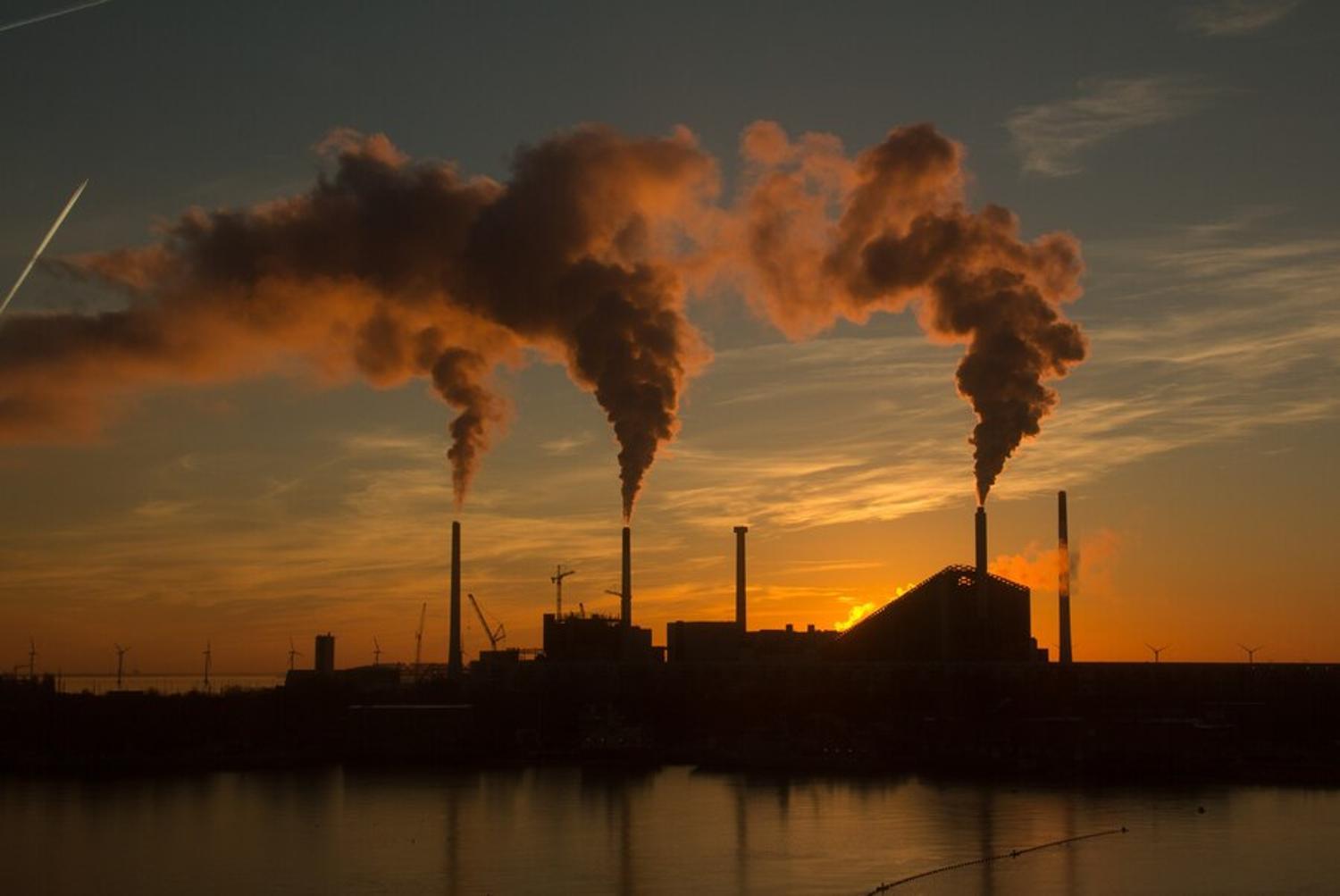
Scientists like Yim want people to understand that climate change isn’t just a problem for future generations. It’s affecting and killing people right now. Even those who aren’t concerned with the future of our planet should be worried.
Realistically, the best thing we as a species can do to prevent further air pollution and save millions from premature death is to reduce or completely eliminate the use of fossil fuels. But, as we know, that is quite a big undertaking.
Can Individuals Help Clean Up Our Air?
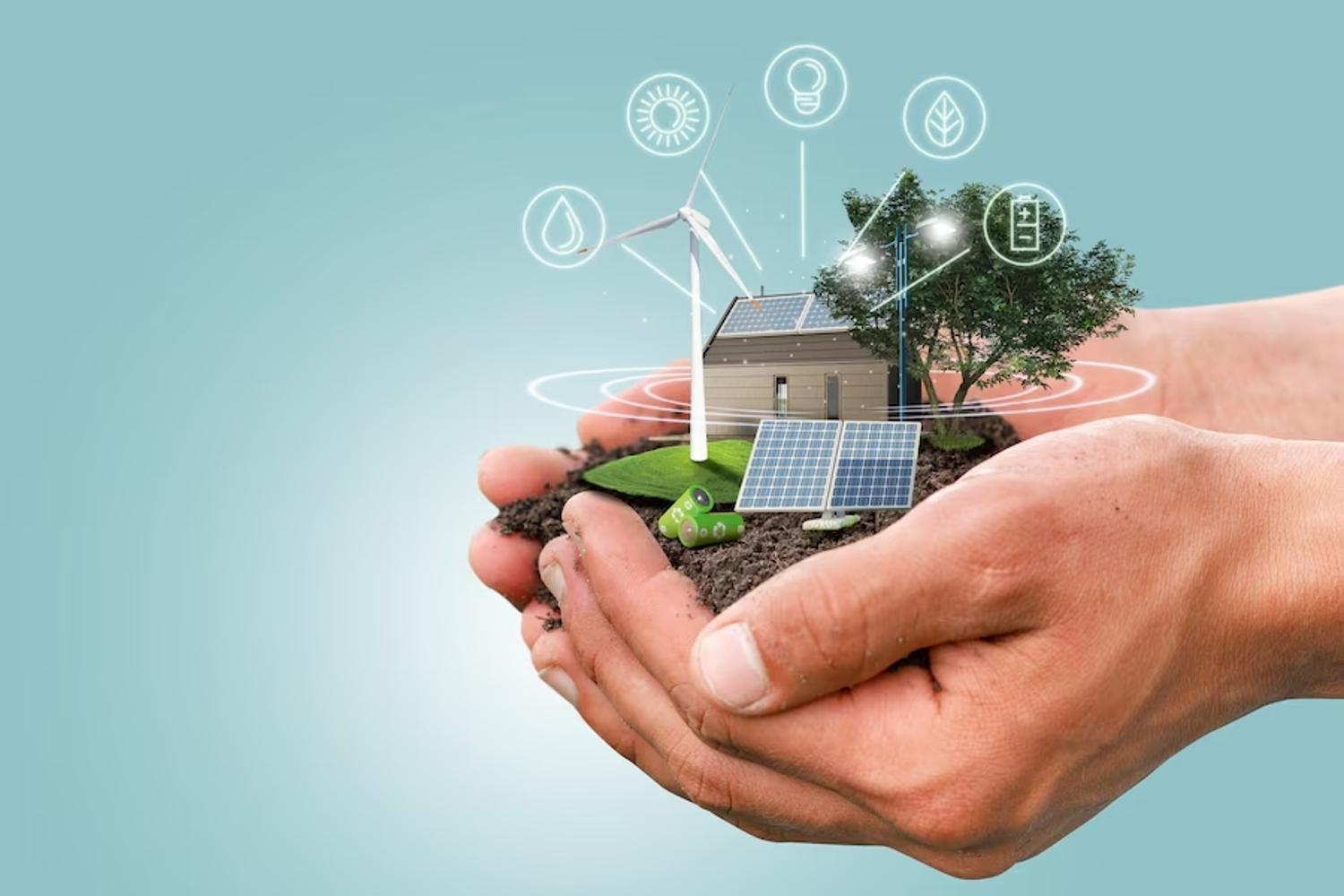
Sometimes, it feels as though there is nothing individuals can do to minimize the negative side effects of climate change, but that’s simply not true. First and foremost, everyone can vote for leaders who prioritize green policies and will fight against fossil fuel use.
Additionally, people can and need to use their money wisely. That means purchasing goods from companies that use recycled materials and practice sustainable energy, as well as literally buying items that are better for the planet, such as electric vehicles, solar panels, or reusable products.
The Ongoing Effects of Climate Change Will Make It Increasingly Challenging to Clean Up Air Pollution
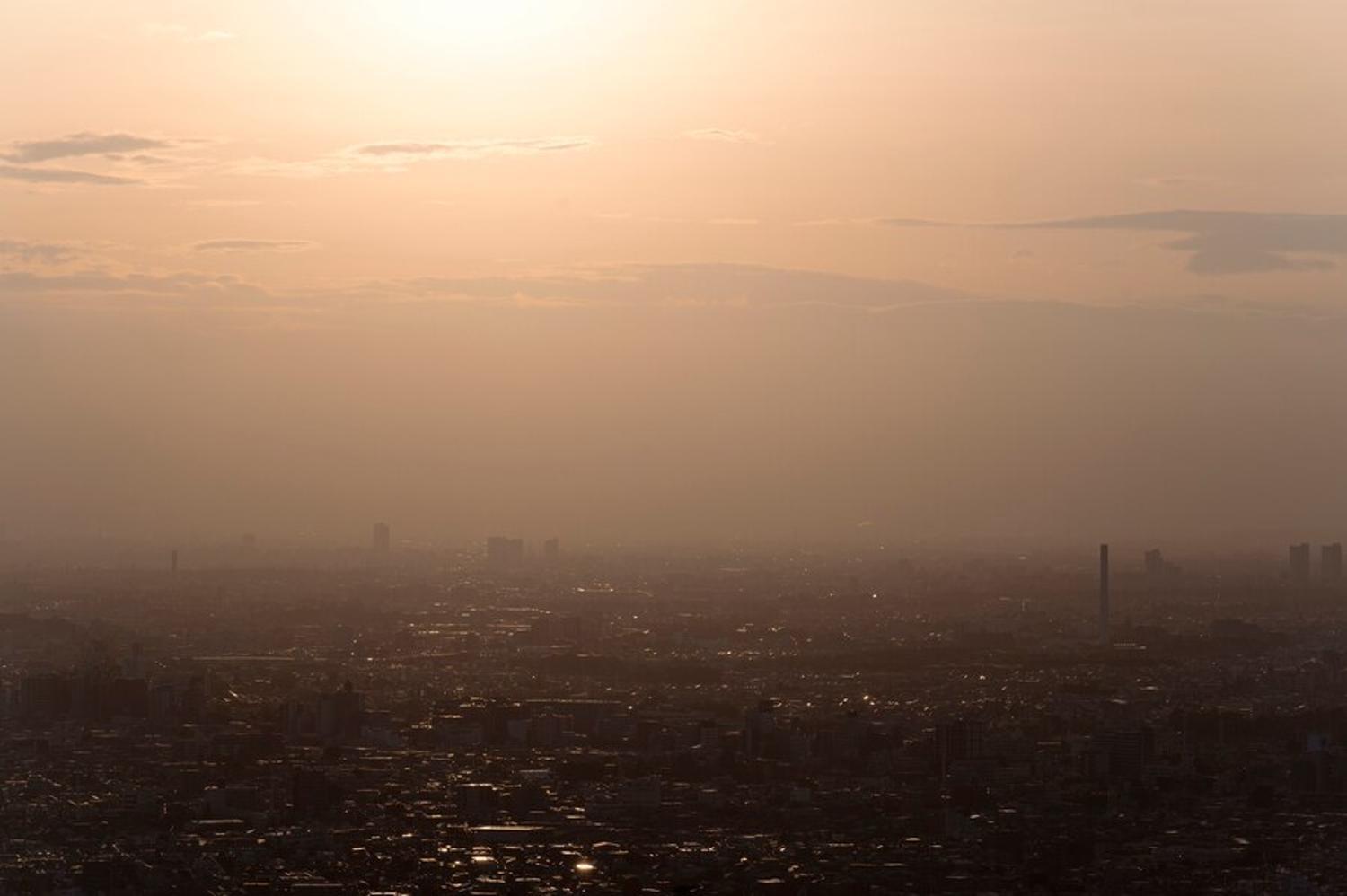
Sadly, because humans have found themselves in a cycle of destruction, improving the world’s air quality will be a real challenge. Until we can reverse the existing consequences of climate change, like wildfires, heat waves, and drought, the number of PM2.5 particles will continue to increase.
Therefore, it is wildly important that we act now. As this study showed, millions of people are suffering and dying due to air pollution. So even if you wouldn’t make a change for future generations, you still need to do so for your own health.








































